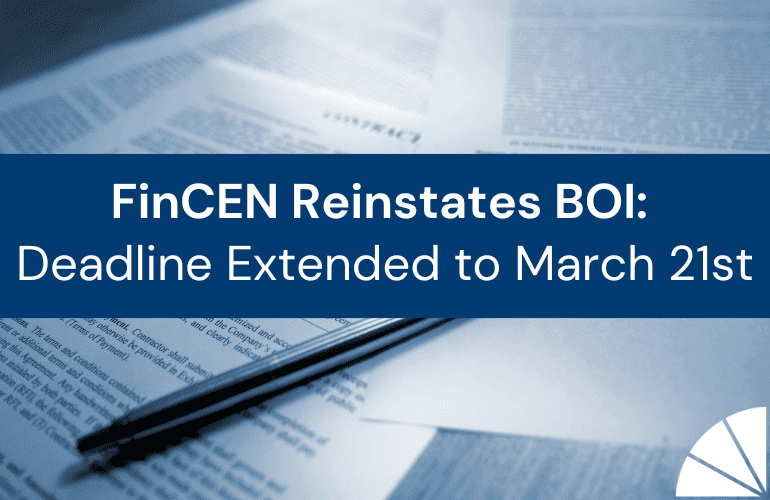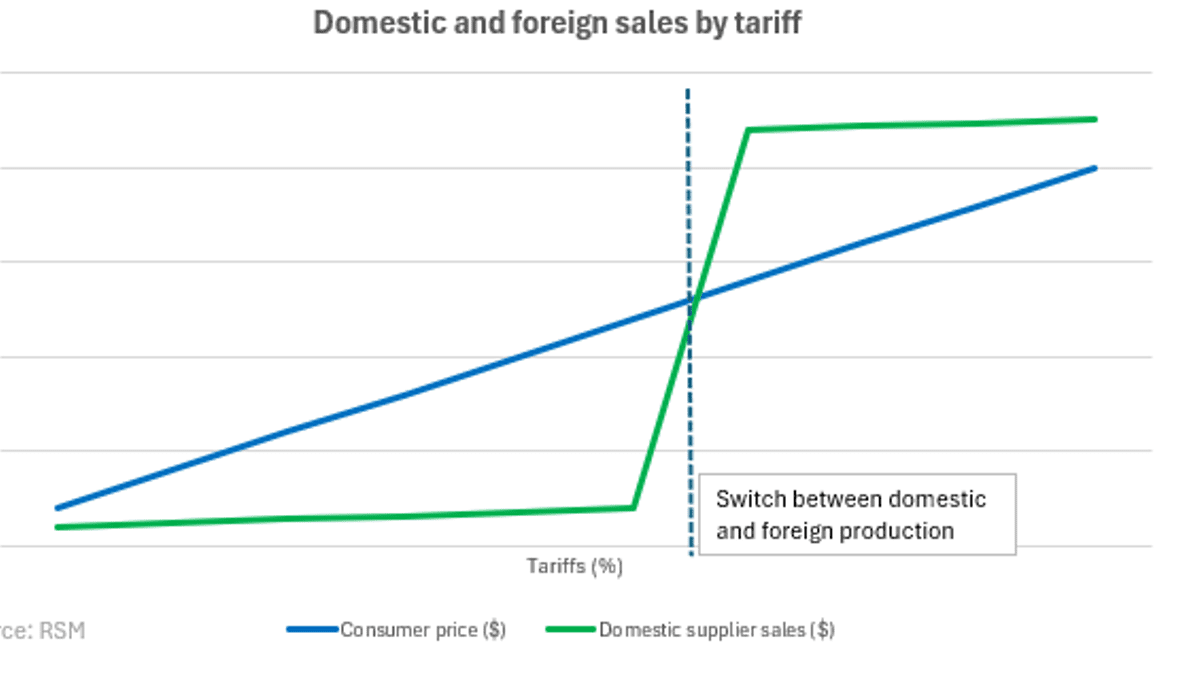
At some point, every business owner needs to contemplate their exit strategy. For some, this may come in the form of a transfer of ownership to family members, while for others, the business might be sold to key members of management. However, internal transitions aren’t always an option. In these cases, business owners may seek to identify external buyers for their business, such as a strategic buyer who already has a developed understanding of the industry and is looking to expand geographically, eliminate competition, or gain access to new customers and suppliers. There are also emerging entrepreneurs who are seeking to acquire a business, often after finishing their MBA or some other advanced degree program. The biggest challenge with many of these buyers is that they often lack the liquidity to put forth the most attractive offer to selling shareholders. With so much capital available, the most attractive buyer for your business could be the buyer that many business owners know the least about; private equity groups.
Private equity groups have access to a significant amount of capital and have a proven track record of acquiring owner managed businesses. Their capital position enables them to provide the exiting shareholder with the liquidity event they desire, with a higher degree of confidence that the payment terms agreed to in the P&S will occur. Contrast this with the sale of a business to family members and key employees who do not have substantial financial resources meaning that deals typically pay little cash upfront, holding a significant portion of the purchase price funded through an earnout. This subjects the selling shareholder’s future payments to substantial risk based on the new ownership’s performance, market conditions or other factors no longer controllable by the former owner.
There are often nonfinancial emotional drivers that lead business owners to choose a particular buyer. If it is a multi-generational family business, many owners want to continue the legacy of the family business. Other business owners view their employee base as an extended part of their family and often seek a buyer who they perceive will best take care of their employees post-closing. While these are all honorable considerations, it is important to ensure that the transition doesn’t result in an erosion of the business value post transition. If there are concerns that the successive family members or key members of management lack the experience, tools or skill sets to succeed, transitioning the business to these individuals could comprise the value of your most significant asset, while impacting your retirement plan or the ability of the existing owner to transfer wealth down to future generations. Conversely, if an owner is concerned about how a sale will affect their employees, it’s important to remember that the jobs of those employees are most significantly impacted by the business’ ability to continue to operate profitability and grow.
As you can see, deciding who to sell your business to is a complicated decision, and one that must consider all facets of risk and financial reward. Whomever you choose, it is prudent to ensure that you have spent the years leading up to a transition preparing the business for that event. It can be helpful to begin engaging in discussions with potential acquirers several years ahead of your desired exit date. Meeting with private equity groups to have early stage, preliminary conversations about how they view the business and industry, what multiples of EBITDA are likely to be applied, and the metrics that they are most focused on when exploring an acquisition target, can provide you with the necessary intelligence to get your house in order. Getting out in front of this ahead of a liquidity event will help to ensure that you maximize your business valuation, regardless of who you ultimately decide to sell to.
LGA is ready, willing and able to help you navigate the significant and complex journey leading up to your exit event. Call us today to setup a meeting with our advisory team and take control of capitalizing on your most prized asset.
Written by John Geraci, CPA





